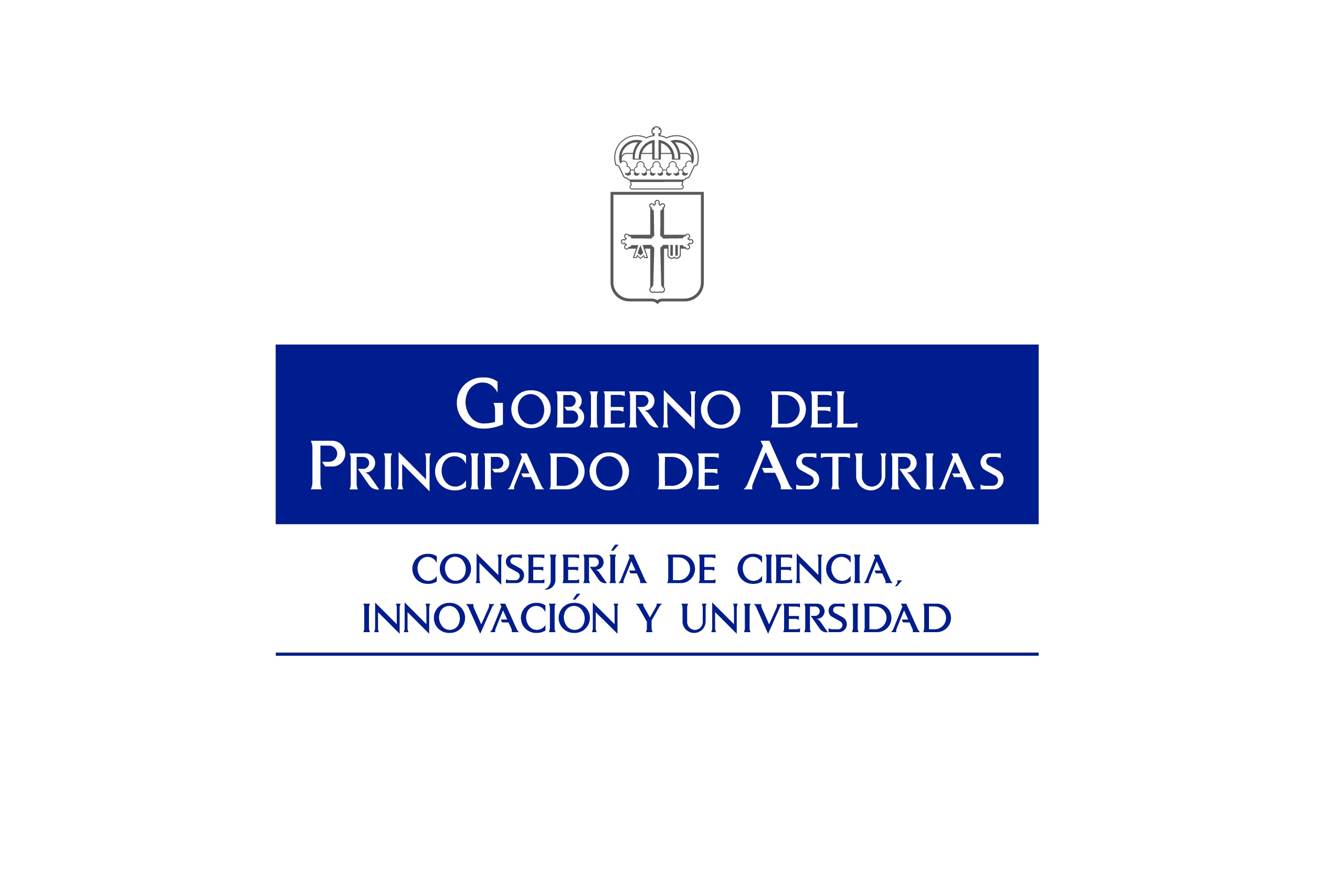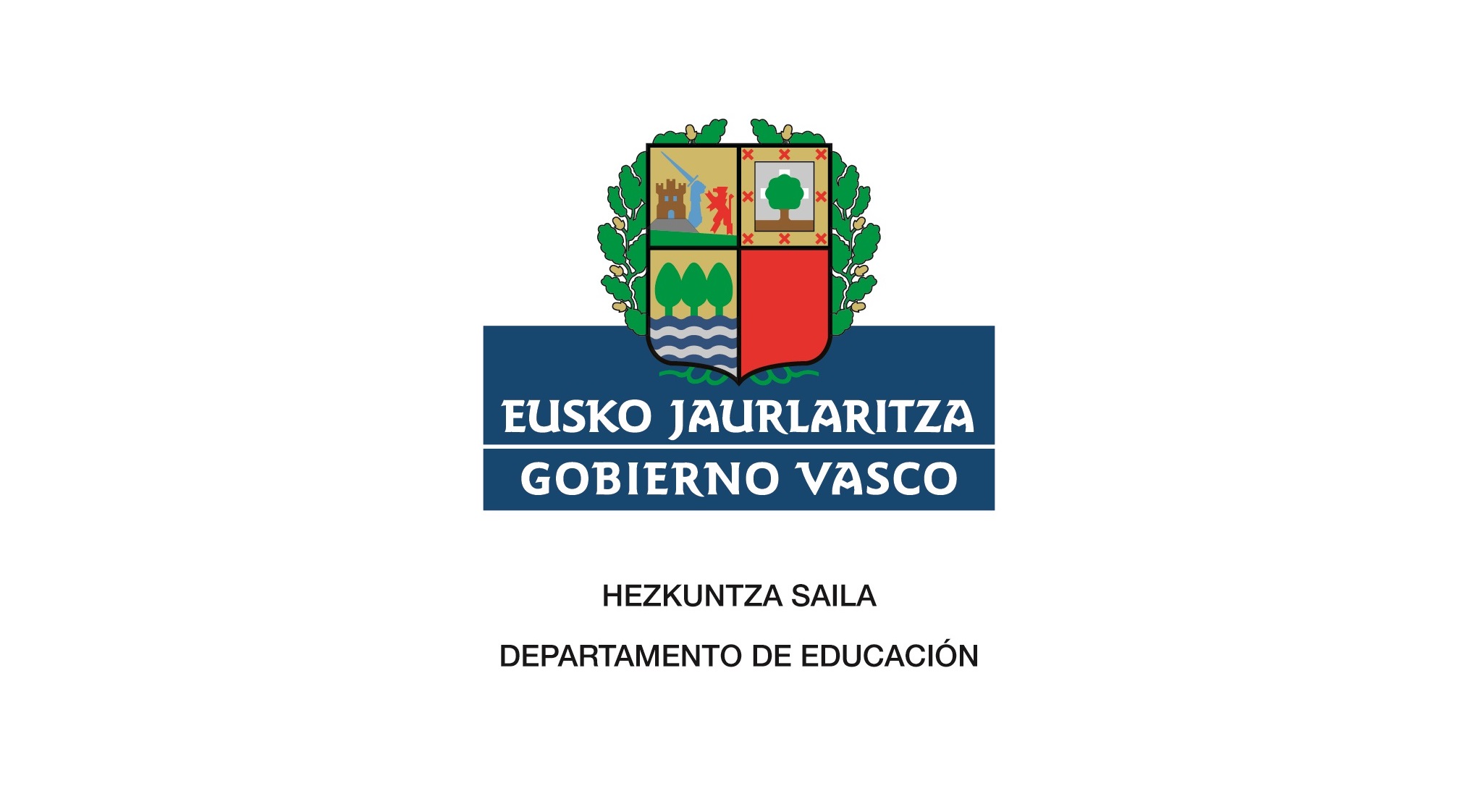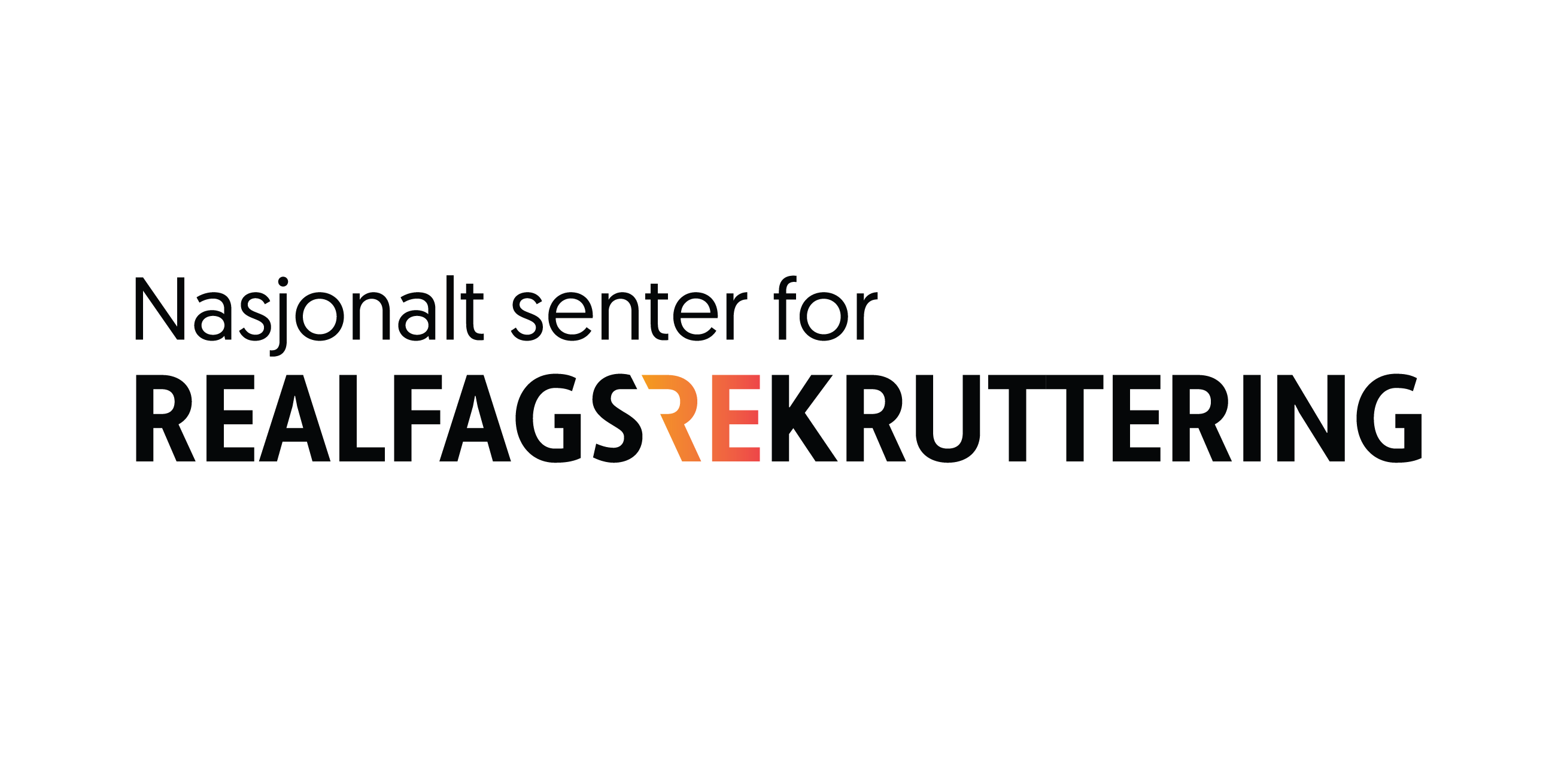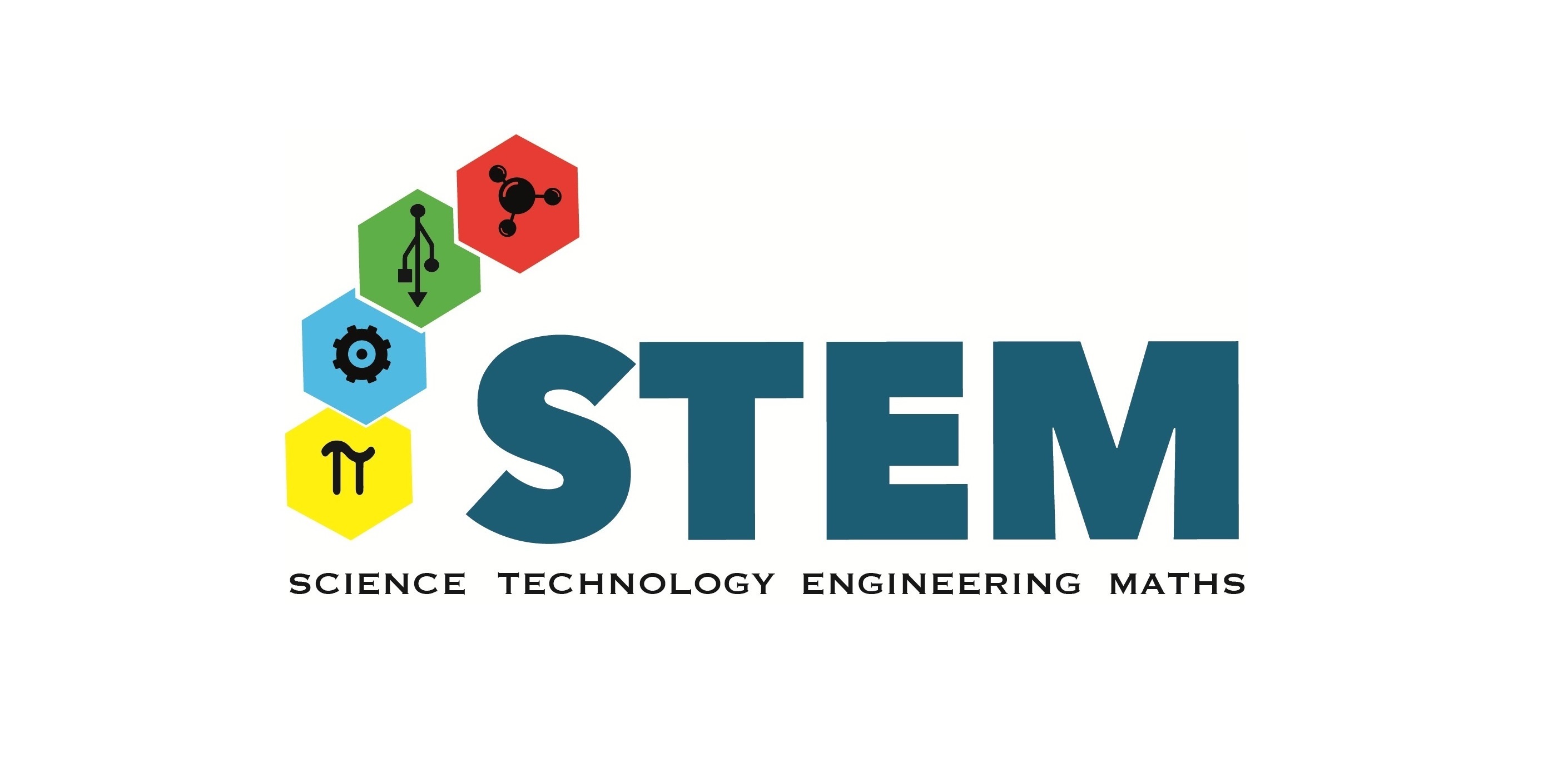Land Salzburg
Salzburg is one of the nine federal provinces of Austria. It is located in the dynamic and economically strong region of Upper Italy-Southern Germany with close economic interdependences. Salzburg is one of the strongest economic regions in Europe. The economic and industry structure is highly diversified and dominated by family-run SME. The region is characterised by special service competence and fulfils headquarters functions for many large national and international service providers and trading companies (e.g. Red Bull). Salzburg has world-renowned art and cultural competencies and a diversified and growing R&D sector. The unit regional development and EU regional policy is based in the department economy, tourism and municipalities of the government office of the region. It is i.a. responsible for the active labour market policy as well as the matters of interregional cooperation on economic issues and the development and implementation of regional economic programmes. In March 2023 the new location strategy for the federal province of Salzburg was issued which sets out the economic policy and objectives for the next years. This strategy defines the objective to make Salzburg a model region for STEM in Austria. Recently, a new government has assumed its work. In the coalition contract 2023-2028 the government declares its commitment to implement the location strategy and thus to realize the goals as regards STEM.
The region of Salzburg was the first of the nine Austrian federal provinces that acknowledged the importance of concerted action related to STEM. In 2017 a network of all stakeholders active in that field throughout the region was established, comprising the chamber of commerce, the chamber of labour, the industrial association, the education sector, the research sector and many more. The federal province of Salzburg has been financing a coordination node within this network since then. The overall strategic steering of STEM Salzburg is rooted in the unit regional development and EU-regional policy. The location strategy Salzburg 2035 as mentioned above is operationalized through a dedicated labour market strategy. The policy makers in the government office together with the STEM network partners in the region are building their STEM-activities on the following principles: STEM sees itself as a cross-sectional task that supports all four thrusts of the location strategy (qualified people and education, highly attractive research and knowledge landscape, sustainable corporate development, modern business locations and profile building), STEM Salzburg promotes the interest of young people in STEM-related professional fields of activity and thus makes a contribution to the recruitment of skilled workers, STEM Salzburg promotes the improvement of extracurricular and school-based STEM education. In light of the growing importance of skills like creativity, entrepreneurship, judgement, change and data literacy, awareness for sustainability and digitalisation, successful participation in the labour market and in society, the partners of STEM Salzburg will align their STEM activities in such a way that they are not only dedicated to one goal (e.g. a certain specific career orientation), but always work towards several target dimensions (as the ones mentioned above). STEM Salzburg intends a high range as well a high quality of STEM-offers and to intensify the integration of art and creativity (STEAM). Thus, a quadruple and even quintuple approach is applied.
As set out above, the STEM platform is active since 2017 and has been growing since then. Salzburg was the first region in Austria to establish a STEM-network. Other regions are now starting to follow this example. Recently, the federal state has launched an initiative to grant a STEM-label to regions that fulfil certain quality criteria as regards STEM-platforms. Salzburg is most advanced and with the flagship project to become a STEM-model region the region will keep up its pioneer role vs other federal provinces. The unit regional policy and EU- regional development is closely cooperating with the federal ministries as well as the other federal provinces, involved in cross-border Interreg programmes, is managing the Interreg Alpine Space programme covering all alpine countries and active member in several work groups (one dealing with labour market and STEM) of the Strategy for the Alps – EUSALP. By using these platforms and above all the EU STEM-coalition Salzburg wants to reach out to European partners, learn from others, share best practices and step up its efforts as regards STEM.













